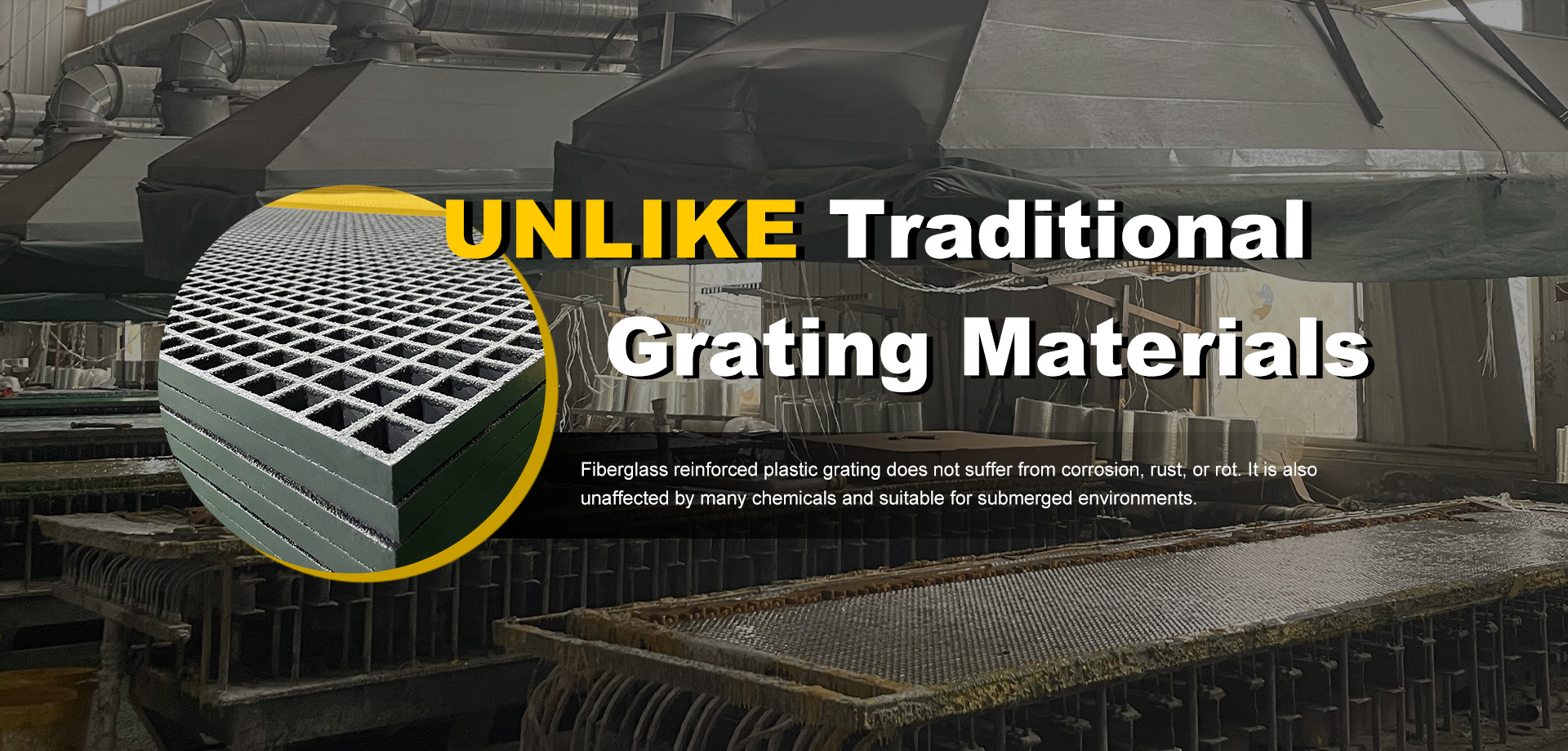loading...
- No. 9, Xingyuan South Street, Dongwaihuan Road, Zaoqiang County, Hengshui, Hebei, China
- admin@zjcomposites.com
- +86 15097380338
- Welcome to visit our website!
Innovative Solutions for Enhanced Safety in Decking Systems
Safety Decking Ensuring a Secure Environment for Construction and Outdoor Spaces
In the realm of construction and outdoor activities, the significance of safety decking cannot be overstated. As a crucial element in maintaining safety standards, decking serves as a reliable platform for workers, equipment, and materials. Its proper installation and maintenance are vital to prevent accidents and enhance productivity on worksites. This article delves into the importance of safety decking, its types, and best practices for ensuring a secure environment.
What is Safety Decking?
Safety decking refers to temporary or permanent flooring systems that are designed to withstand heavy loads while providing a stable walking surface for workers, equipment, and materials. Typically found in construction sites, scaffolding, and outdoor event venues, safety decking is engineered to prevent slips, trips, and falls—common hazards that can lead to serious injuries.
Types of Safety Decking
There are various types of safety decking available, each suited for different applications
1. Wooden Decking Often made from treated lumber, wooden decking provides a sturdy and familiar surface, making it a popular choice for temporary construction sites. However, it must be regularly inspected to ensure its structural integrity and prevent decay or splintering.
2. Composite Decking Combining wood fibers and plastic, composite decking offers the aesthetic appeal of wood with improved durability and resistance to moisture and pests. Ideal for both residential and commercial projects, it requires minimal maintenance, making it a cost-effective solution in the long run.
3. Metal Decking Steel or aluminum decking is renowned for its strength and durability. It is commonly used in industrial environments where heavy load-bearing is necessary. Metal decking is non-combustible and can resist harsh weather conditions, making it a reliable choice for outdoor applications.
4. Modular Decking Systems These pre-fabricated systems offer versatility and ease of installation. They can be customized to fit various environments and can be rapidly deployed for temporary use, such as during concerts or festivals.
safety decking

Best Practices for Safety Decking
To maximize the safety and effectiveness of decking systems, adhering to best practices is essential
1. Regular Inspections Implement a routine inspection schedule to identify any wear and tear, cracks, or other potential hazards. Promptly address any issues to ensure the decking remains safe for use.
2. Proper Installation Ensure that decking is installed according to manufacturer guidelines and local safety regulations. This includes verifying that the base is stable and that the decking is evenly laid to prevent wobbling or shifting.
3. Use Non-slip Surfaces Incorporate non-slip materials or coatings to reduce the risk of slips and falls, especially in outdoor environments where moisture may be present.
4. Load Management Be mindful of the weight capacities of different decking types. Avoid overcrowding the deck with excessive materials or equipment to prevent overloading and structural failure.
5. Training for Workers Provide adequate training for workers on the importance of using safety decking correctly. Educate them on recognizing hazards and following safety protocols when working at heights or using heavy machinery.
Conclusion
Safety decking is an indispensable aspect of construction and outdoor activities, playing a critical role in creating secure environments for workers and the public alike. By understanding the different types of decking and adhering to best practices, construction managers and event organizers can ensure a safe working environment, minimize risks, and enhance overall productivity. Investing in quality safety decking goes beyond compliance; it reflects a commitment to the well-being of all individuals involved in the project.
-
Premium FRP Handrail for All ApplicationsNewsAug.29,2025
-
Low Maintenance FRP Mini Mesh Grating ProductsNewsAug.29,2025
-
Innovative FRP Square Tubes for Modern Industrial SolutionsNewsAug.29,2025
-
FRP Water Storage Tanks Wholesale Solutions for Bulk BuyersNewsAug.29,2025
-
FRP Molded Grating Solutions for Diverse Industrial ApplicationsNewsAug.29,2025
-
Construction Advancements Through FRP Pultruded ProfilesNewsAug.29,2025
-
Why Choose FRP Railings, Guardrails, and Handrail Systems?NewsAug.29,2025
